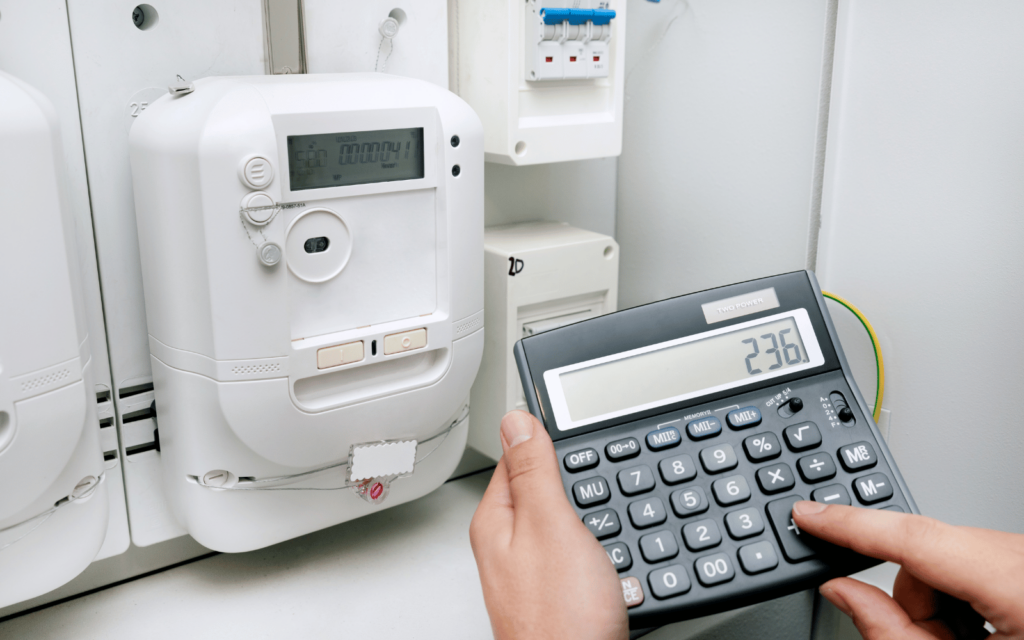Why is our City Power bill still so high, we asked our solar installer earlier this year. Half of the R2,000 is the connection fee that the City of Joburg’s utility charges to connect you to the grid.
Switching to prepaid is a quick way to save a household about R1,000 a month.
I foolishly thought I could do it myself and researched the process, before realising I would never have the time – nor patience – to fight my way through the slow-moving municipal system. We hired a queue-for-you team that a neighbour recommended, and it would take about six weeks.
How to switch to prepaid electricity
As always, you need to fill out a form (that you can download here). I asked our solar installers to do it for me because the form requires their registration number and signature. I filled in our account number and meter number and signed it.
Then you need supporting documentation. The usuals: copy of your ID, copy of your rates bill and a photograph of the meter. If you use someone else to do the application, you’ll need to sign a power-of-attorney form.
The facilitation company charged us R2,760 to submit the forms.
Then you wait. Obviously.
The City of Joburg did a reconciliation and sent us a bill for the outstanding amounts. A few days after paying it, two friendly contractors arrived and installed the prepaid meter.
In all, it took about two months.
My wife and I have been off-grid for two years now. We only get about 80% of our power from solar panels because it’s not cost-effective to go completely off-grid. We still use Eskom-supplied power for the big energy users like the oven and pumps for the pool and borehole. When we can get it.
So, we’ve saved ourselves R12,000 a year for the post-paid connection. We’re just buying the electricity itself. When we can get it.
Read More: Here’s how SA is using UPS, inverter, and solar solutions during load shedding
There was one irksome problem that we came across. The contractors left a companion wireless device with a keypad to load the prepaid electricity – using a 20-digit code. After waiting the three hours the contractors recommended for the new prepaid meter to come online, I simply could not load airtime. I bought from both FNB and Discovery Bank – the latter’s app has a handy way to save this for regular payments – but the system kept reading “failed”.
Luckily Stuff’s director of audio Hans Baumgarten was visiting from Cape Town and has been on his own off-grid journey. He had the same problem. Given Hans is a sound guru and knows these things, he had problem-solved the issue to this: to get the meter working, it has to be plugged into a plug that connects to the grid. I kid you not.
He thinks it has something to do with the Sine wave that is transmitted by grid power versus that used by the inverter.
If only City Power left you with a helpful brochure or a few tips. Nothing.
I can see thousands of middle-class households scratching their heads like we did. Unless you know this little trick, you’re left in the dark. Literally.
As it happens, we only have one plug connected to Eskom – which I had installed in the garage for charging electric vehicles when I review them.
During these stage 6 periods, and on overcast days, we still use grid power to charge our power system’s batteries. I just buy more prepaid credits and preload them.




